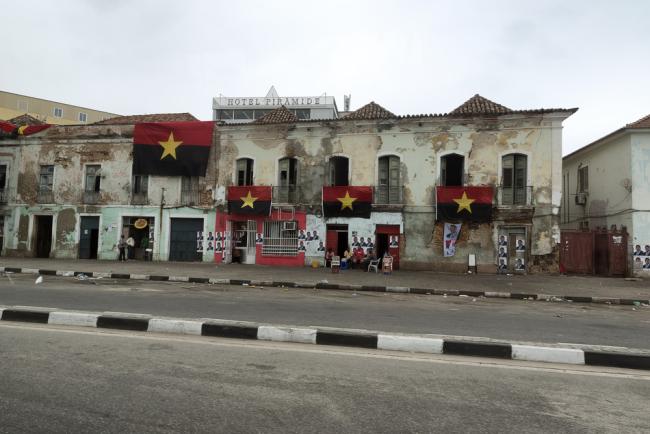Angola : from Dos Santos to Lourenço, Unexpected Transition, Lasting Transformation?

Practical information
As part of the Observatoire of Southern Africa and the African Great Lakes, Ifri organizes this conference on Angola in collaboration with the Directorate General for International Relations and Strategy of the Ministry of the Armed Forces (DGRIS).

For a long decade, the narrative that President Dos Santos, in power since 1979, brought prosperity, security and international projection to Angola was dominant in domestic and international circles. However, the major economic crisis in which Angola has been plunged has forced a new look at the leadership of the MPLA government. In a matter of months, Angola had lost most of its hardly earned reputation domestically and abroad. The new president, João Lourenço, was elected in an overall peaceful general election in August 2017. His discreet arrival in power gave the impression that he would struggle to impose his leadership in an institutional system designed by Dos Santos. But in a few months, Lourenço proceeded to substantial and unexpected changes that will be analyzed in detail during this conference.
Politics and Institutions under Lourenço
2 PM- 3:45 PM
Jon Schubert, Global Studies Institute - University of Geneva
Rebecca Engebretsen, Development Economics Group - ETH Zurich
Luaty Beirão, Musician and Activist
Chair & Discussant:
Alex Vines, Head of the Africa Programme, Chatham House
Regional and International Implications
4 PM – 6 PM
Mathias de Alencastro, São Paulo Research Foundation
Manuel Ennes Ferreira, School of Economics and Management – ISEG Lisbon
Ricardo Soares de Oliveira, University of Oxford
Discussant:
Chloé Buire, CNRS - LAM Bordeaux
Chair:
Alain Antil, Director of the African Studies Center, Ifri
Conference in English with French translation
Find out more
Angola under Lourenço. Towards a Negotiated Hegemony
In a matter of months, Luanda politics became unrecognizable. The reasons why, and the ways in which, João Lourenço, President of Angola since september 2017, proceeded to these substantial and unexpected changes will be analyzed in detail in the pages that follow.






